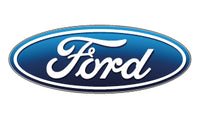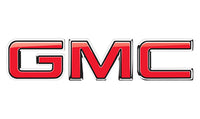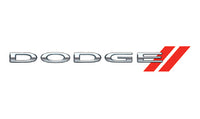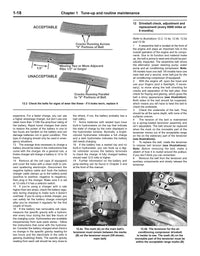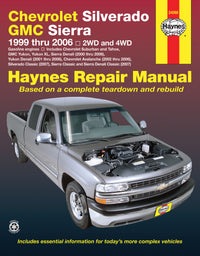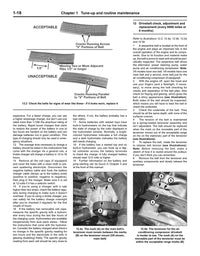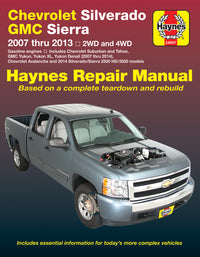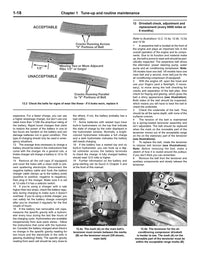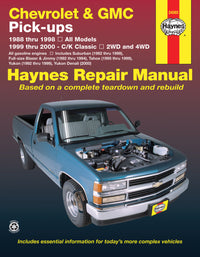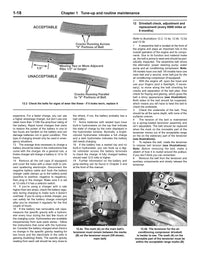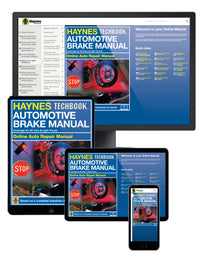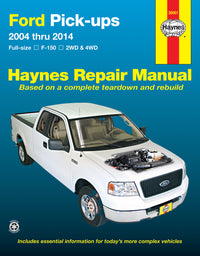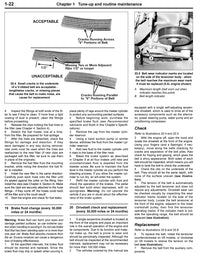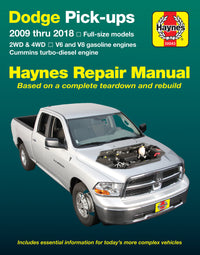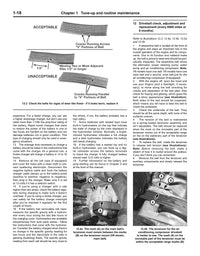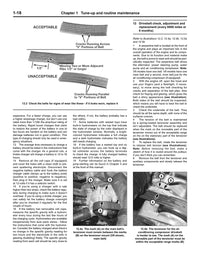How an engine’s starter motor works
Your car’s starter motor is a powerful electric unit that has to turn the engine over and initiate the combustion process before it can continue by itself.
The starter motor is attached to end of the crankshaft via a flywheel and a pinion gear. When the ignition is turned the starter motor activates and an electromagnet inside pushes a rod out with the pinion gear. This rotates the flywheel and the engine is turned over.
A starter motor is designed to last the lifetime of the car but sometimes the gears break or the magnet fails and it has to be replaced. Haynes has all of the information you need to change your starter motor.
This task requires some experience, using basic tools, and will take up to two hours or so, depending on your model.

Every car is different, so before you view the full instructions, find yours…
Starter motor problems can concern the starter gear not engaging with the flywheel/flexplate - you’ll hear the motor turning at high speedWhen to change your starter motor
“First you need to eliminate the battery as a potential troublemaker”
If the starter motor seems to be dead you first need to eliminate the battery as a potential troublemaker. Are other electrical components (headlights, interior lights, electric windows) working okay or is the battery flat? Are the battery terminals in good condition or are they corroded? Also look at the starter motor solenoid terminal. Clean them if necessary. Also check the fuse(s) and measure the voltage at the starter solenoid control terminal with the ignition key turned to ‘start’. If voltage is showing, there’s likely to be an issue with the starter motor.
Starter motor problems can concern the starter gear not engaging with the flywheel/flexplate (you’ll hear the motor turning at high speed) or the motor’s brushes wearing out.
All cars are slightly different, so if it is time to change your thermostat, use our before you begin checklist, and find your car for specific instructions.
Why you should change your starter motor
You can get a car with a manual gearbox going with a bump start, but the novelty will quickly wear off for those pushing, so a starter motor should be replaced as soon as possible.
An automatic car cannot be started without a starter motor, so you’re stranded if it’s faulty. You’ll have to change the motor straight away.
Every car is different, so before you view the full instructions, find yours…
Before you begin
Tools you will need
Only basic tools are required for this job, although you may need to raise the car to remove the undershield.
- Axle stands
- Floor jack - not your car’s emergency jack
- Flat-bladed screwdriver
- Phillips screwdriver
- Ratchet and socket set
Parts you may need
- New starter motor
